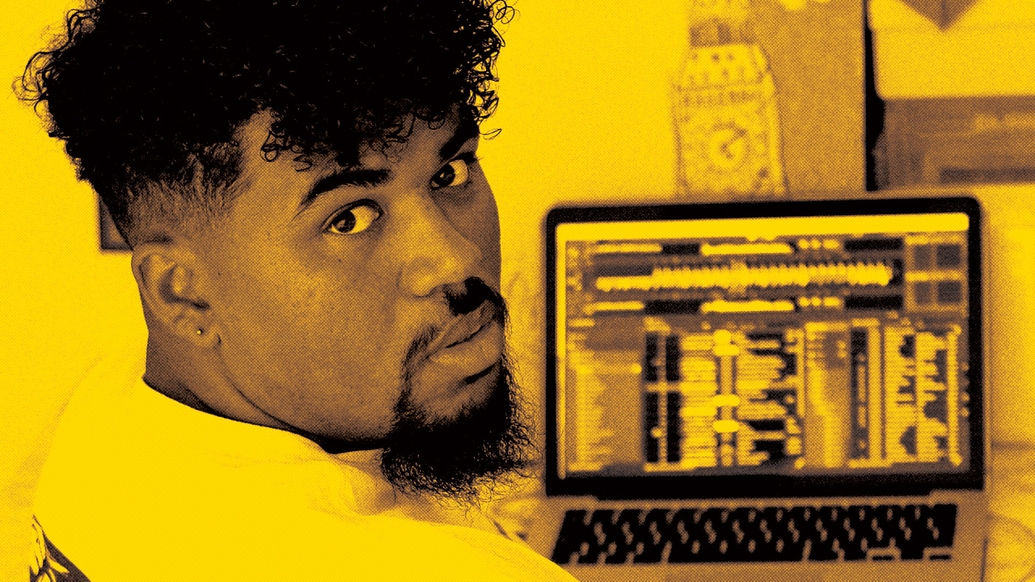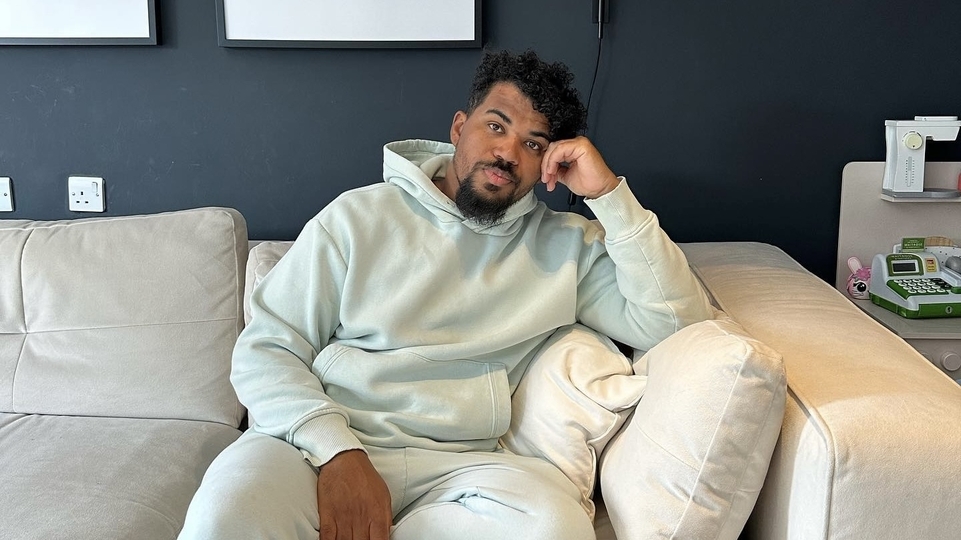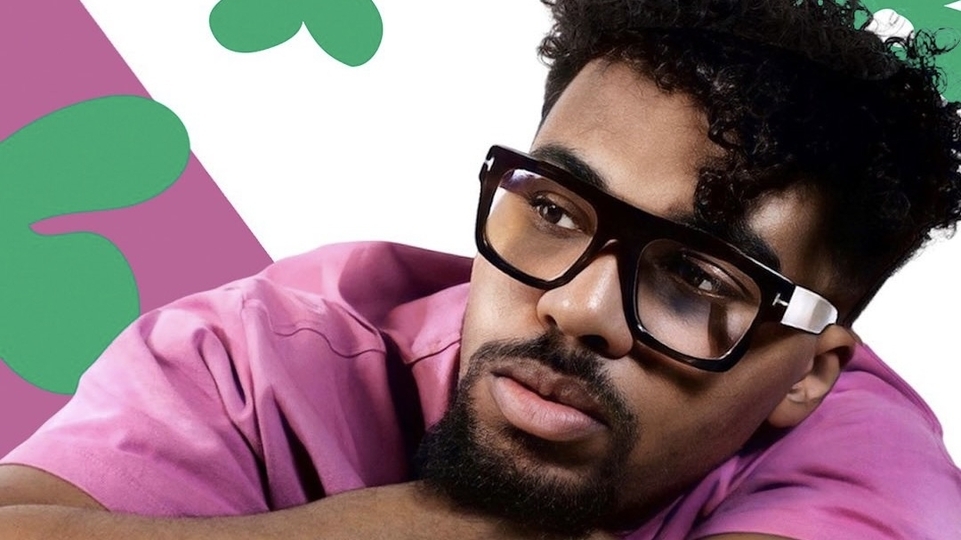
Mr. Mitch: all music made by Black people is Black music
Gobstopper Records head, Mr. Mitch, discusses Black experiences, the white gaze and his decisions as a label boss
My name is Mr. Mitch, I am Black, I am an artist, and for the past 10 years I have also been running the label Gobstopper Records. In the wake of the death of George Floyd and the shared outpouring of anger for the systemic racism that is ever-present in our societies I made a decision. It’s a drastic one to some, an obvious one to others, and to some, too little too late. I decided to make my label one that exclusively releases the music of Black artists.
I promised myself that I wouldn’t get too deep or heavy with this — one of my pet hates is when artists write articles for publications and, all of a sudden, I’m reading an academic piece that reads as if it would fit in a scientific journal. So let me simplify my decision to you. Picture this: you are a Black person out on a daytrip with your family, visiting a historic town or village in an area far from any major city. You are there because you appreciate the beauty of the English countryside, or the romanticism of small village life, and you want to experience it. You soon realise that no one around you looks like you, and perhaps some of the people around seem to be staring at you — are you paranoid? But then, coming down the road towards you is a fellow Black family. You see each other, you give each other the nod — nothing else is needed. You know exactly what that nod means.
It means that you are not alone. It means do not fear, we are in this together. The nod is comfort, an acknowledgement of your shared experience. That’s what I want Gobstopper to be to other Black electronic musicians. The nod that says, “We see you, we hear you, and we are here with you.”
Why now? I hear you ask. Why was this never my ambition in any of the nine years leading up to this point? I have released music from 19 different artists and only six of them are non-white. It’s also worth noting that none of them are women, which is embarrassing. There are a couple of answers to this. Number one, it’s actually really fucking hard to convince people to sign to your little independent label, and I have had release offers turned down by Black, female and Black female artists. Number two, I didn’t try hard enough. It’s a simple but honest answer. I should have tried harder.
“The Black experience is not singular; our experiences are wide and varied and therefore so is our music. But there is a singular Black experience that we all share — it is the result of the white gaze upon us”
I started Gobstopper in 2010, inspired in part by Elijah & Skilliam and their Butterz imprint, but also out of necessity. My first love stylistically as a producer was grime music, a genre that I had felt a part of since its inception. A genre of uncapped originality, one that was undoubtedly British and also undoubtedly Black. In 2010, the music scene was a very different place to what we see now. Grime music was not represented in the charts. The big artists were there but only with their pop-crossover hits, which were of no interest to me. There were also very few labels releasing any music from grime producers. I was inspired by the success of dubstep producers at the time. My goal was to release grime instrumentals that were not just vessels for grime MCs to spit on, but tracks that could stand up as their own pieces of music. Not a thought that sounds radical in the present day, but at the time it was met with a lot of confusion — “Yeah, they’re instrumentals, but you’re gonna get an MC on them, right?” As time moved on, sounds changed. I created a club night, Boxed (alongside DJs Slackk, Logos and Oil Gang), which showcased producers and DJs pushing the sound in new directions. The sound of Boxed went hand in hand with Gobstopper and I also started exploring more sounds in and around grime/bass/club/whatdoyoucallit? music. Fast forward to 2020 and Gobstopper is home to a broad range of electronic music, for in and outside of the club.
All music made by Black people is Black music. I have been fortunate enough in music to be able to tour the world these past few years, and there have been a few consistent issues. I am often the only Black artist on a line-up and my audience is always a majority white audience. Now, I don’t know if this says more about my music or the promoters who are booking me, but my thought is with the latter. My music has always been Black music, it can never be anything else; so why am I not sharing the bill with fellow Black electronic explorers? You don’t know how to find them? You don’t want a Black audience at your show? Whatever the reason is, my aim is to challenge that with Gobstopper.
The Black experience is not singular; our experiences are wide and varied and therefore so is our music. But there is a singular Black experience that we all share, a common bond that links all of us regardless of our surroundings — it is the result of the white gaze upon us. I realised that I have the ability as a Black label owner to put out a release from another Black artist without the potential fetishisation of Black culture that may occur with a white label owner. I have white peers who run labels: while I am by no means saying that this is something they do, maybe it is something they should consider. Are you trying to portray an aspect of Black culture through your releases that you haven’t lived? Are you imposing your perspective on the releases of Black artists or are you letting them present themselves as they see themselves?
This is about ownership in representation. This is an attempt to share the varied stories and experiences of contemporary Black artists. Tied together by one single point of our identity, our Blackness.





